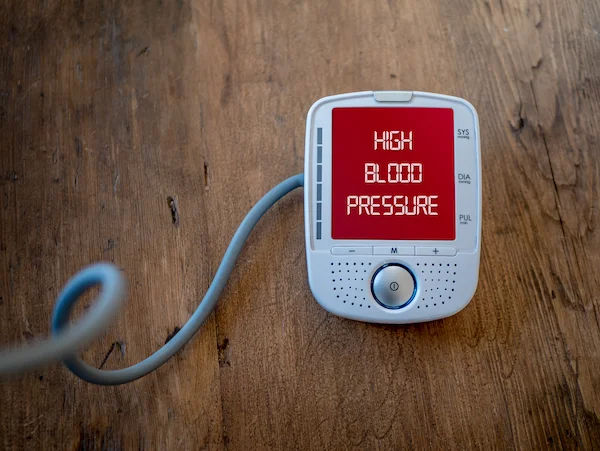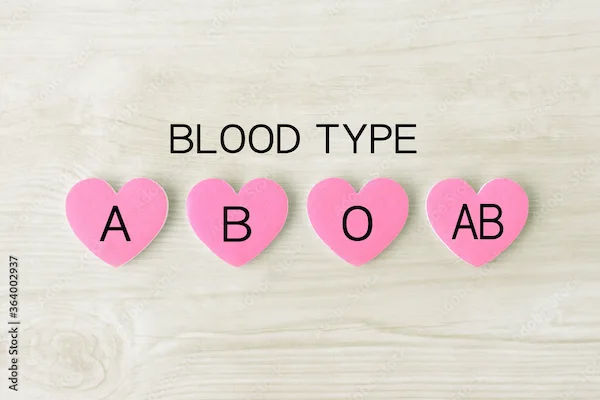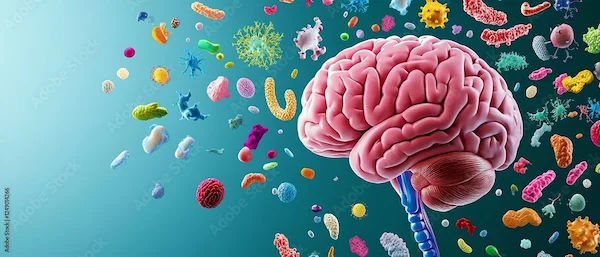Hypothyroidism Diet Recommendations for Thyroid Health
Learn how to manage hypothyroidism through diet with this practical guide. Discover the best foods to support thyroid health, what to avoid, and lifestyle tips for improving energy, digestion, and metabolism.


Living with hypothyroidism can sometimes feel overwhelming, but the right diet and lifestyle choices can make a big difference in managing your symptoms and improving your overall well-being. If your thyroid isn’t producing enough hormones, you may experience fatigue, weight gain, dry skin, and other challenges. While medication (like levothyroxine) is essential, a balanced diet can support your thyroid function and help you feel better.
Here’s a simple, compassionate guide to the best foods to eat, what to avoid, and other helpful tips for thyroid health.
Understanding Hypothyroidism and Diet
Your thyroid gland plays a crucial role in regulating metabolism, energy levels, and even mood. When it’s underactive (hypothyroidism), your body slows down, leading to various symptoms. While diet alone can’t cure hypothyroidism, it can:
Support thyroid function
Help manage symptoms like fatigue and weight gain
Improve nutrient absorption for better hormone production
Best Foods for Thyroid Health
1. Iodine-Rich Foods (In Moderation)
Iodine is essential for thyroid hormone production, but too much can worsen hypothyroidism. Stick to natural sources like:
- Seafood (fish, shrimp)
- Dairy products (milk, yogurt, cheese)
- Eggs
- Iodized salt (use in small amounts)
Note: If you have Hashimoto’s (an autoimmune thyroid condition), excess iodine may trigger flare-ups. Consult your doctor before increasing iodine intake.
2. Selenium-Packed Foods
Selenium helps convert thyroid hormones into their active form. Good sources include:
- Brazil nuts (just 1-2 per day!)
- Sunflower seeds
- Chicken, turkey
- Tuna and sardines
3. Zinc for Hormone Regulation
Zinc supports thyroid function and immunity. Include:
- Pumpkin seeds
- Lentils and chickpeas
- Beef and shellfish
4. Omega-3 Fatty Acids for Inflammation
Omega-3s help reduce inflammation, especially important if you have Hashimoto’s. Try:
- Fatty fish (salmon, mackerel)
- Flaxseeds and chia seeds
- Walnuts
5. Fiber for Digestion and Weight Management
Hypothyroidism can slow digestion, leading to constipation. High-fiber foods help:
- Whole grains (oats, quinoa, brown rice)
- Fruits (berries, apples, pears)
- Vegetables (broccoli, spinach, carrots)
6. Protein for Energy and Metabolism
Lean protein helps maintain muscle mass and energy levels:
- Chicken, turkey
- Beans and lentils
- Greek yogurt
- Foods to Limit or Avoid
Some foods can interfere with thyroid function or medication absorption. Be mindful of:
1. Goitrogenic Foods (In Excess)
These can interfere with thyroid hormone production when eaten raw and in large amounts. Cooking reduces their effects. Limit:
Cruciferous vegetables (cabbage, kale, Brussels sprouts, cauliflower)
- Soy products (tofu, soy milk)
- Peanuts and millet
- Note: You don’t have to avoid them completely just eat them cooked and in moderation.
2. Processed and Sugary Foods
Hypothyroidism can slow metabolism, making weight management harder. Reduce:
- Refined sugars (candy, pastries)
- Packaged snacks (chips, cookies)
- Fried foods
3. Gluten (For Some People)
If you have Hashimoto’s, gluten may trigger inflammation. Try reducing:
- Wheat, barley, rye
- Processed foods with gluten
- Tip: If you suspect gluten sensitivity, consult a doctor before making big dietary changes.
4. Too Much Caffeine and Alcohol
These can interfere with thyroid medication absorption and worsen fatigue.
Helpful Lifestyle Tips
- Along with diet, these habits can support thyroid health:
- Take Medication Properly
- Levothyroxine should be taken on an empty stomach (30-60 mins before breakfast).
- Avoid calcium or iron supplements within 4 hours of medication.
Stay Active
- Gentle exercises like walking, yoga, or swimming can boost energy and metabolism.
Manage Stress
- Chronic stress affects thyroid function. Try meditation, deep breathing, or hobbies you enjoy.
Get Enough Sleep
- Aim for 7-8 hours of quality sleep to help regulate hormones.
Stay Hydrated
- Water helps digestion and energy levels.
When to See a Doctor
If you’re struggling with symptoms despite medication and diet changes, consult a healthcare provider. You may need:
- Thyroid level testing
- Adjustments in medication
- Further dietary guidance
Get Your Symptoms Checked now
At Apollo 24|7, you can easily book a thyroid function test or consult an endocrinologist for personalized advice.
Conclusion
Managing hypothyroidism is about balance, eating nourishing foods, staying active, and listening to your body. You don’t have to follow a perfect diet, just make mindful choices that support your thyroid and overall health.
Consult Top Specialist
Consult Top Specialist
Dr. Sahana B
General Practitioner
3 Years • MBBS
Koppal
Khushi multi-speciality hospital, Koppal

Dr. Bulbul Biswas
General Practitioner
35 Years • MBBS, Diploma in Maternity and child welfare
Kolkata
HERSTEL CARE CLINIC, Kolkata

Dr Bhumika Lalwani
General Surgeon
4 Years • MBBS MS
Bengaluru
PRESTIGE SHANTHINIKETAN - SOCIETY CLINIC, Bengaluru

Dr S Lakshmi Narasimha Reddy
General Practitioner
9 Years • MBBS
Kondapur
Singam's Kids Clinic, Kondapur
Dr. Kaushik Chakraborty
General Practitioner
23 Years • MBBS
Kolkata
Dr Kaushik Chakraborty, Kolkata





